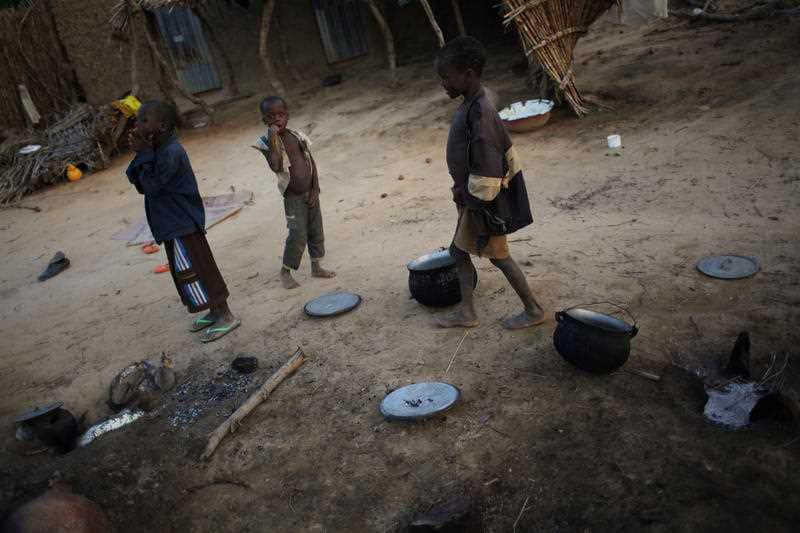The coronavirus pandemic has caused an "unprecedented education emergency" with up to 9.7 million children affected by school closures at risk of never going back to class, Save the Children warned on Monday.
The charity cited UNESCO data showing that in April, 1.6 billion young people were shut out of school and university due to measures to contain COVID-19 - about 90 per cent of the world's entire student population.
"For the first time in human history, an entire generation of children globally have had their education disrupted," it said in a new report, Save our Education.
It said the economic fall-out of the crisis could force an extra 90 to 117 million children into poverty, with a knock-on effect on school admissions.
With many young people required to work or girls forced into early marriage to support their families, this could see between seven and 9.7 million children dropping out of school permanently.
At the same time, the charity warned the crisis could leave a shortfall of $77 billion USD in education budgets in low and middle income countries by the end of 2021.
"Around 10 million children may never return to school - this is an unprecedented education emergency and governments must urgently invest in learning," Save the Children chief executive Inger Ashing said.
"Instead we are at risk of unparallelled budget cuts which will see existing inequality explode between the rich and the poor, and between boys and girls."
The charity urged governments and donors to invest more funds behind a new global education plan to help children back into school when it is safe and until then support distance learning.
"We know the poorest, most marginalised children who were already the furthest behind have suffered the greatest loss, with no access to distance learning - or any kind of education - for half an academic year," Ms Ashing said. Save the Children Australia Humanitarian Director Archie Law said Australia should better support its regional neighbours to ensure all children are able to access education, whether physically or via remote learning.
Save the Children Australia Humanitarian Director Archie Law said Australia should better support its regional neighbours to ensure all children are able to access education, whether physically or via remote learning.

Children walk in a courtyard in the remote village of Hawkantaki, Niger Source: AP
“We cannot allow COVID-19 to push millions of children out of school forever, limiting their future prospects. Australia has a role to play and it, like other nations, must step up,” he said.
Save the Children also urged commercial creditors to suspend debt repayments for low-income countries - a move it said could free up $14 billion for education programs.
"If we allow this education crisis to unfold, the impact on children's futures will be long lasting," Ms Ashing said.
"The promise the world has made to ensure all children have access to a quality education by 2030, will be set back by years," she said, citing the United Nations goal.
The report listed 12 countries where children are most at risk of falling behind: Niger, Mali, Chad, Liberia, Afghanistan, Guinea, Mauritania, Yemen, Nigeria, Pakistan, Senegal and Ivory Coast.
Before the crisis, an estimated 258 million children and adolescents were already missing out on school, the charity said.
Residents in metropolitan Melbourne are subject to stay-at-home orders and can only leave home for essential work, study, exercise or care responsibilities. People are also advised to wear masks in public.
People in Australia must stay at least 1.5 metres away from others. Check your state’s restrictions on gathering limits.
If you are experiencing cold or flu symptoms, stay home and arrange a test by calling your doctor or contact the Coronavirus Health Information Hotline on 1800 020 080.
Share


